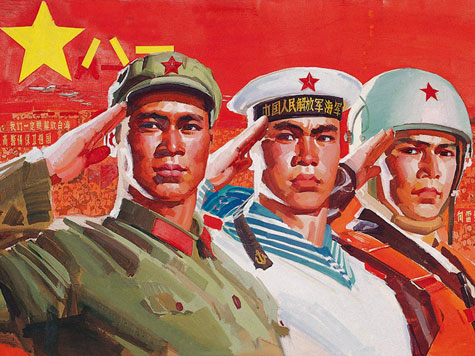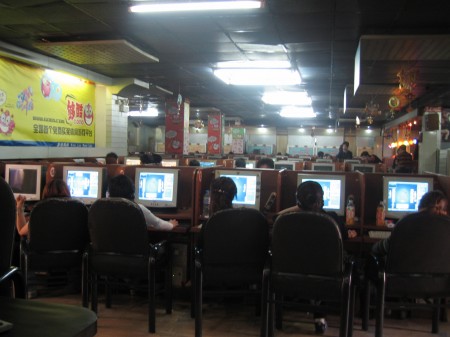
This article was originally published by the Harvard International Review (HIR) on 28 April 2016.
The role of propaganda and censorship is not as obvious as it may seem. From the infamous propaganda arm of North Korean government to the state-run media organizations in China and Russia, it is clear that the mechanisms and effectiveness of propaganda and censorship vary widely. During the height of propaganda in the twentieth century, authoritarian governments were able to craft strong, singular national narratives by propagating political messages in popular media while censoring those that conflicted with the government’s line of thought. With the advent of the digital age, Russia and China have been forced to develop their propaganda strategy to combat the newfound power of the average internet user, who can seek and share information at the instant click of a mouse. While the basics of propagandistic strategy have persisted, fundamental changes have occurred as a response to the paradigm shift in information sharing and seeking.




